By Poh Yu Khing, Sport & Performance Psychologist
Sport psychologists working with elite athletes over the years have learnt from the athletes themselves that when you're at your best, there are seven mental characteristics that are always present. Not surprisingly, these seven mental characteristics are absent you are caught in a slump and struggling to put in a decent performance.
Principle #1: Passion and Fun
You must be passionate about your sport and enjoy the performance process. You must be excited about putting it all on the line and being pushed to your limits by the competition. You must enjoy the struggle, the challenge, the ups and downs, and everything about training and competing. This kind of passion fuels you to become a champion. If you go into the performance having fun, then you will do your best. Athletes who wait until they win before they enjoy themselves don't accomplish anything because they have it the wrong way around. Passion comes first, then peak performance.
Principle #2: High Self-Confidence
How you perform is always dictated by your level of confidence. Average athletes with above-average confidence will consistently perform above their abilities. Confidence is the catalyst that converts those long hours of training, your physical skills, and your conditioning into successful execution under pressure. Self-confidence helps you face off against adversity, setbacks, or losses and come out top and in-control. Self-confidence does not come from always being able to win. Self-confidence comes from knowing that you have prepared well for the event, thinking about putting in your best effort despite whatever external circumstances, and about knowing that you have the ability to learn and improve with each new experience regardless of whether you won or loss. Without self-confidence, athletes will be engulfed with the fear of failure. Michael Jordan says: "I can accept failure. Everybody fails at sometime. But I cannot accept not trying."
Principle #3: Concentration on the Process of Performance
Concentration is one of the keys to athletic excellence. What you focus on before and during your performance will determine your success or failure. To do your best, you must learn to concentrate on the process of the performance, and not on the outcome. Focusing on the process means that you focus your attention on the action as it unfolds in the immediate moment. Outcome thoughts like winning, losing, getting a hit, or scoring a goal usually interfere with doing your best. Over-concentration can also lead to mental fatigue and a drop in performance. Before and during competition, you should be relatively focused but not necessarily over-concentrating. Relaxed concentration, thinking clearly, and having simple thoughts on one thing at a time will result in peak performance.
Principle #4: Mental Resilience
When you're really "on", thoughts of failure get no airtime. You have the ability to quickly rebound from mistakes, setbacks, and bad breaks. Should you stumble or get knocked down, you pop right back up, brush yourself off, and continue on as if nothing had happened. Mistakes immediately fade out of your mental picture as you keep yourself focused on what's important. Unlike the athlete in a performance slump, you do not have an "inner statistician" keeping track of all missed plays, defensive blunders, and embarrassing moments. Resilience is a mental skill of champions, and it can lift your performance to the next level.
Principle #5: A Sense of Challenge
When you're "in the groove", you respond automatically to an inner sense of purpose. You're on a mission and rise to the challenge presented by that mission. Whether it's a certain opponent, a ‘last chance' competition, or the need to prove yourself, you are positively motivated to stretch the limits of your ability. As you rise to this challenge, you are oblivious to all the negative consequences of failing. Athletes who consistently under-perform when it matters are usually negatively affected by threats, fears, and "what-ifs", a mind-set that creates tension in the body, recycles negative thoughts in the mind, and keeps them stuck in the rut.
Principle #6: A Nonthinking, Automatic Quality
One principle that is always present when you're "on" is a positive sort of mindlessness. You're not thinking; you're just doing. You're on automatic pilot, and all the appropriate movements seem to flow effortlessly from you perfectly timed. You play out of your mind in this way because you trust your training and you trust your performance, having a minset of just "letting it happen". Yogi Berra, a famous baseball coach, once said: "A full mind is an empty bat". Overthinking and overanalysing one's own performance can have negative consequences. Athletes who think too much about how to execute are subject to paralysis by over-analysis. Keep your thoughts out of your body. Focus on external cues and let your body react to them automatically.
Principle #7: A Sense of Relaxation During Performance
Being relaxed before and throughout performance is another key to performing at your full potential. Being mentally and physically relaxed is a must for you to reach your peak. Being ‘loose' in a way allows for lightning-quick reflexes; perfect timing; and fluid, powerful execution of all your skills.Without this sense of mental and physical looseness, your movements are restricted and you can't perform to your potential.
Poh Yu Khing was formerly the Head of Sport Psychology at the Singapore Sports Council as well as a national badminton player. In his spare time outside of his day job, he enjoys consulting with athletes and performers as a freelance sports & performance psychologist. He was also the author of a regular "Golfing Mind" column in the local GOLF magazine.

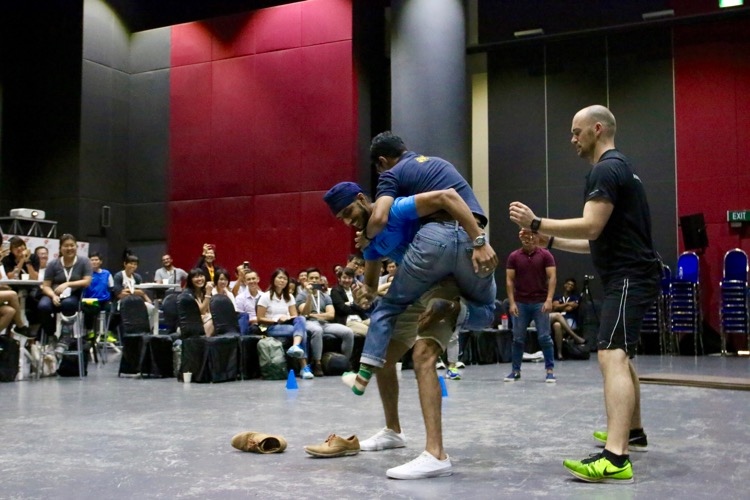

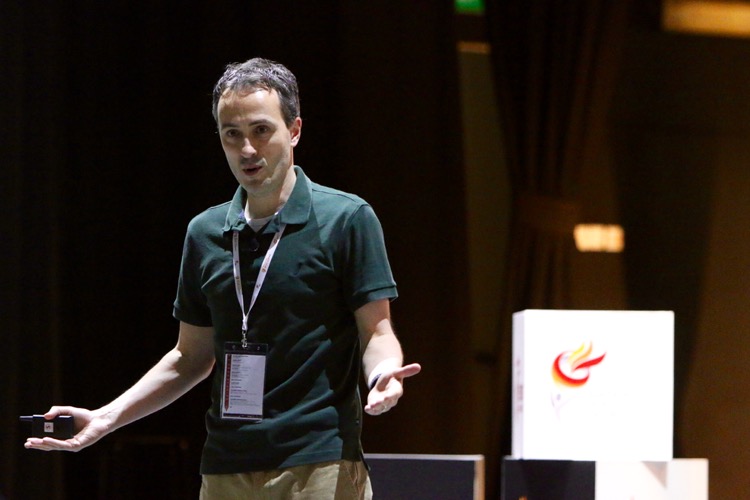
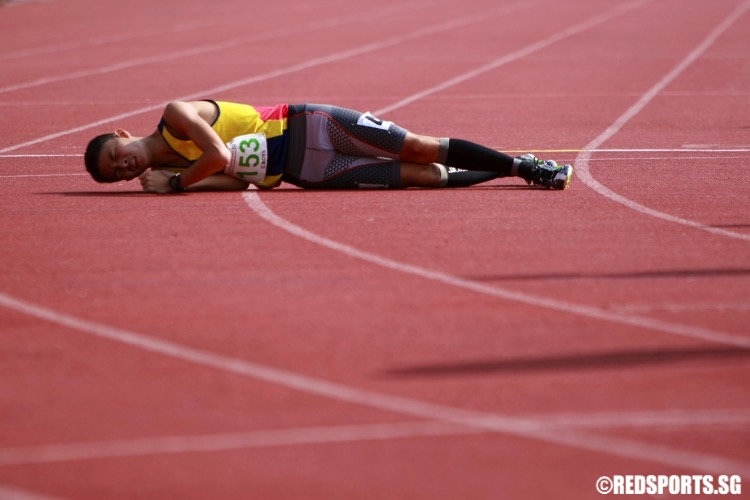
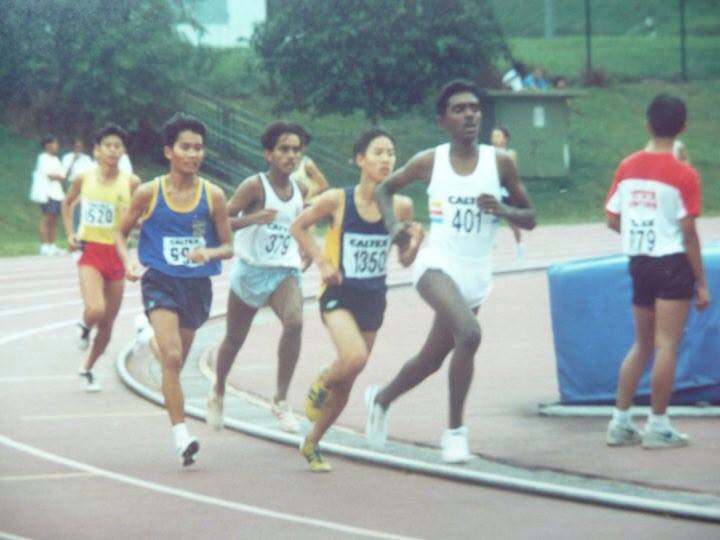
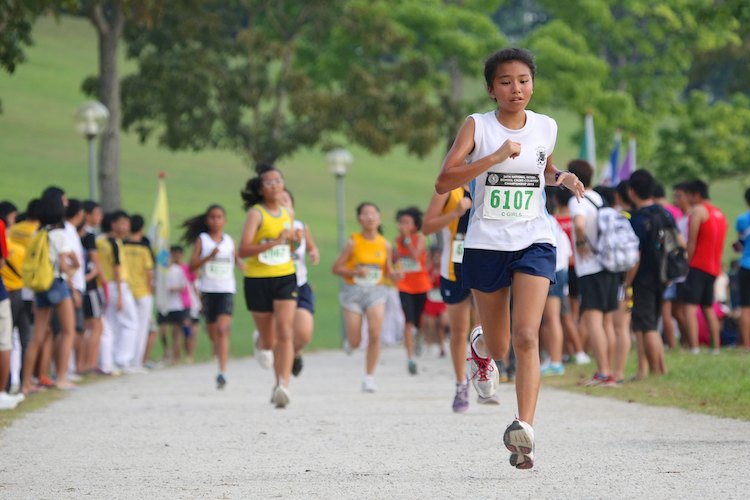
GREAT article! It reinforces what my coach has always been telling me over and over again! I need to be more confident…..
good read! recommended for athletes 🙂